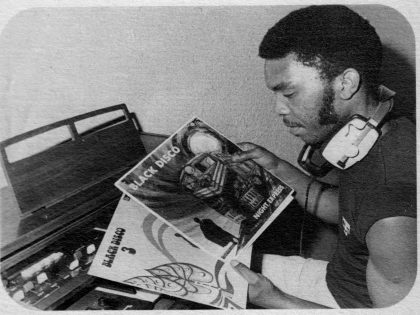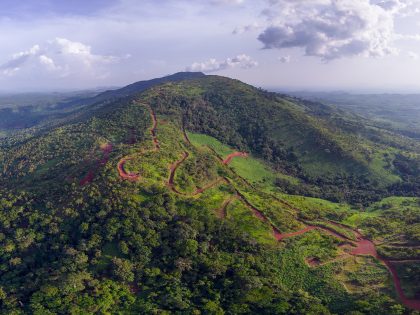Found Objects, No. 13
http://www.youtube.com/watch?v=Xwe_xNEUgxA
The UK (via Jamaica) toaster, Tapper Zukia’s “MPLA” off the album from the same name. Because the song (and the album) came out in 1975, some made links to the Angolan liberation movement, the Movimento Popular de Libertação de Angola, who that same year formed Angola’s new independent government (after a protracted liberation war against Portuguese colonial rule). This fan video–with its Cold War and anti-colonial images–contributes to that myth I suppose. Instead, the song was more about Rastafarianism and a reflection of 1970s London black identity politics.
H/T: Tony Karon.



















